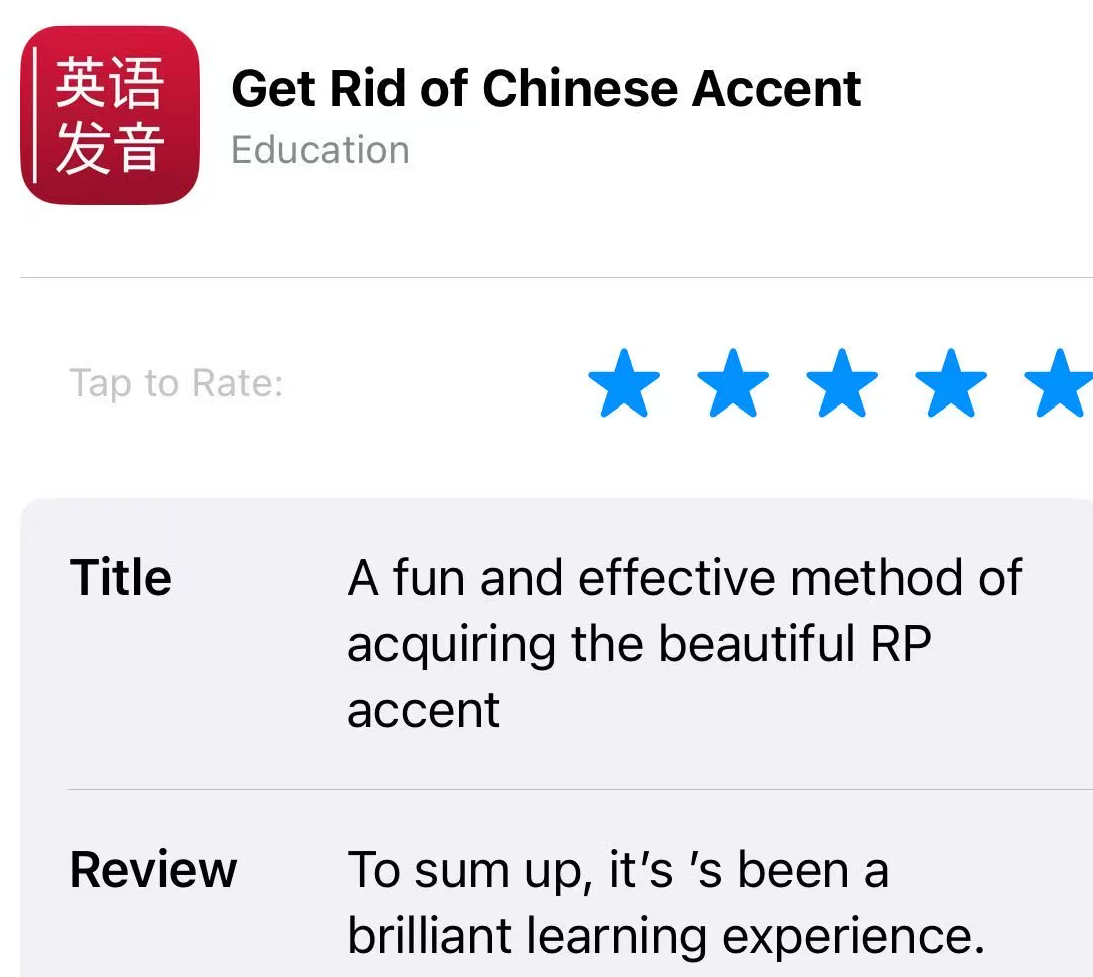Speaking English in public can feel intimidating, even for people who have studied the language for years. The fear of making mistakes, being misunderstood, or sounding “different” is common—but the good news is that it can be managed and overcome with the right mindset and practical techniques.
Why We Fear Public Speaking in English
There are several reasons why speaking English in front of others can feel scary:
1. Fear of Mistakes
Worrying about mispronunciation or grammar errors can make you hesitant to speak at all.
2. Lack of Confidence
Not being sure about your vocabulary or fluency can make public speaking stressful.
3. High Expectations
Many people compare themselves to native speakers and feel pressure to “sound perfect.”
Understanding the cause of your fear is the first step to addressing it.
Practical Steps to Build Confidence
Here are some strategies that can help you speak more confidently in English, whether in meetings, presentations, or social situations:
1. Start Small
Practice speaking English in low-pressure situations—like ordering a meal, speaking with friends, or reading out loud at home. Small wins help build confidence gradually.
2. Focus on Clarity, Not Perfection
Instead of worrying about sounding like a native speaker, aim to be clear and understandable. Your audience values clarity more than perfect pronunciation.
3. Use Pauses Effectively
Pausing after each idea gives you time to think and reduces nervousness. Practising Power, Pitch, Pace, Pause (4Ps) can make your speech more natural and easier to follow.
4. Record and Listen to Yourself
Recording your voice and listening back allows you to notice your strengths and areas for improvement. Apps like Get Rid of Your Accent or Fluent English Speech provide guided exercises for intonation, articulation, and fluency, making this process easier.
5. Practice Public Speaking Gradually
Start with a small audience, then gradually increase the number of listeners. Toastmasters, online language meetups, or even speaking to family members can help you practice in a supportive environment.
Mindset Matters
Remember, everyone makes mistakes, even native speakers. Mistakes are part of the learning process and do not define your ability to communicate effectively. Celebrate your uniqnes and your progress, no matter how small, and be patient with yourself.
Final Thought
Overcoming the fear of speaking English in public takes practice, patience, and perseverance. Start small, focus on clarity, and gradually challenge yourself. With consistent effort, you’ll progress and feel proud of your progress.
Useful Tip
Incorporate a few minutes of daily practice with guided exercises from apps like Get Rid of Your Accent or Fluent English Speech—you’ll be amazed at how quickly your confidence grows.
More on www.batcsglobal.com

